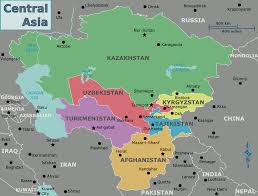
Introduction
Tony Hawk, often referred to as the most famous skateboarder in the world, continues to influence not only skateboarding but also the broader sporting culture. His contributions to the sport extend beyond just his skills on the board; he has played a pivotal role in shaping the skateboarding community and making it a recognized sport globally. As skateboarding gains more visibility, especially with its inclusion in the Olympic Games, Hawk’s legacy remains relevant.
The Rise of Tony Hawk
Born on May 12, 1968, in Carlsbad, California, Tony Hawk started skateboarding at the age of nine. His passion quickly turned into a profession, and by the age of 14, he was already competing in professional competitions. During the late 1980s and early 1990s, Hawk became a key figure in the sport, known for his innovative tricks and fearless attitude. His famous “900” trick, landed for the first time at the 1999 X Games, marked a pivotal moment in skateboarding history.
Business Ventures and Media Influence
Beyond skateboarding, Hawk has also made significant strides in business and media. He founded the skate company Birdhouse Skateboards and has been involved in various media projects, including the “Tony Hawk’s Pro Skater” video game series, which revolutionized how skateboarding was perceived in pop culture. This popular franchise introduced millions to skateboarding, contributing to the sport’s growth. Hawk’s visibility in social media has further solidified his status as a cultural icon.
Philanthropy and Advocacy
In addition to his sporting achievements, Hawk is committed to giving back to the community. His Tony Hawk Foundation focuses on creating public skate parks in low-income areas, promoting youth engagement and healthy lifestyles through skateboarding. This initiative reflects his belief in the sport as a tool for positive change in society.
Conclusion
As we look to the future, Tony Hawk’s influence on skateboarding remains profound. With the sport continuing to grow in popularity and mainstream recognition, especially after its debut in the Tokyo 2020 Olympics, Hawk’s legacy is enduring. His combination of athletic prowess, entrepreneurial spirit, and philanthropic outreach sets a standard for future generations of athletes. Fans and newcomers alike can expect Hawk to remain an integral part of the skateboarding narrative, inspiring the next wave of skateboarders to push boundaries and embrace the community spirit.



